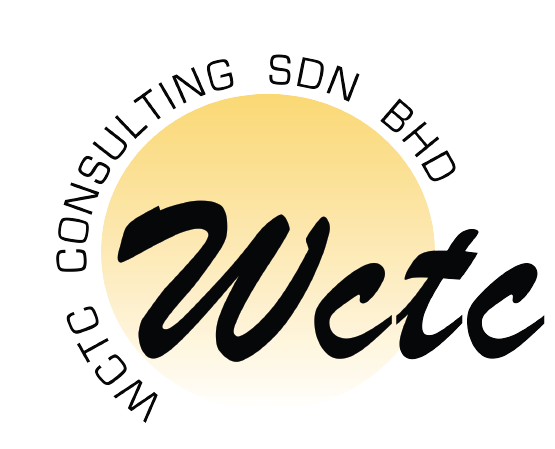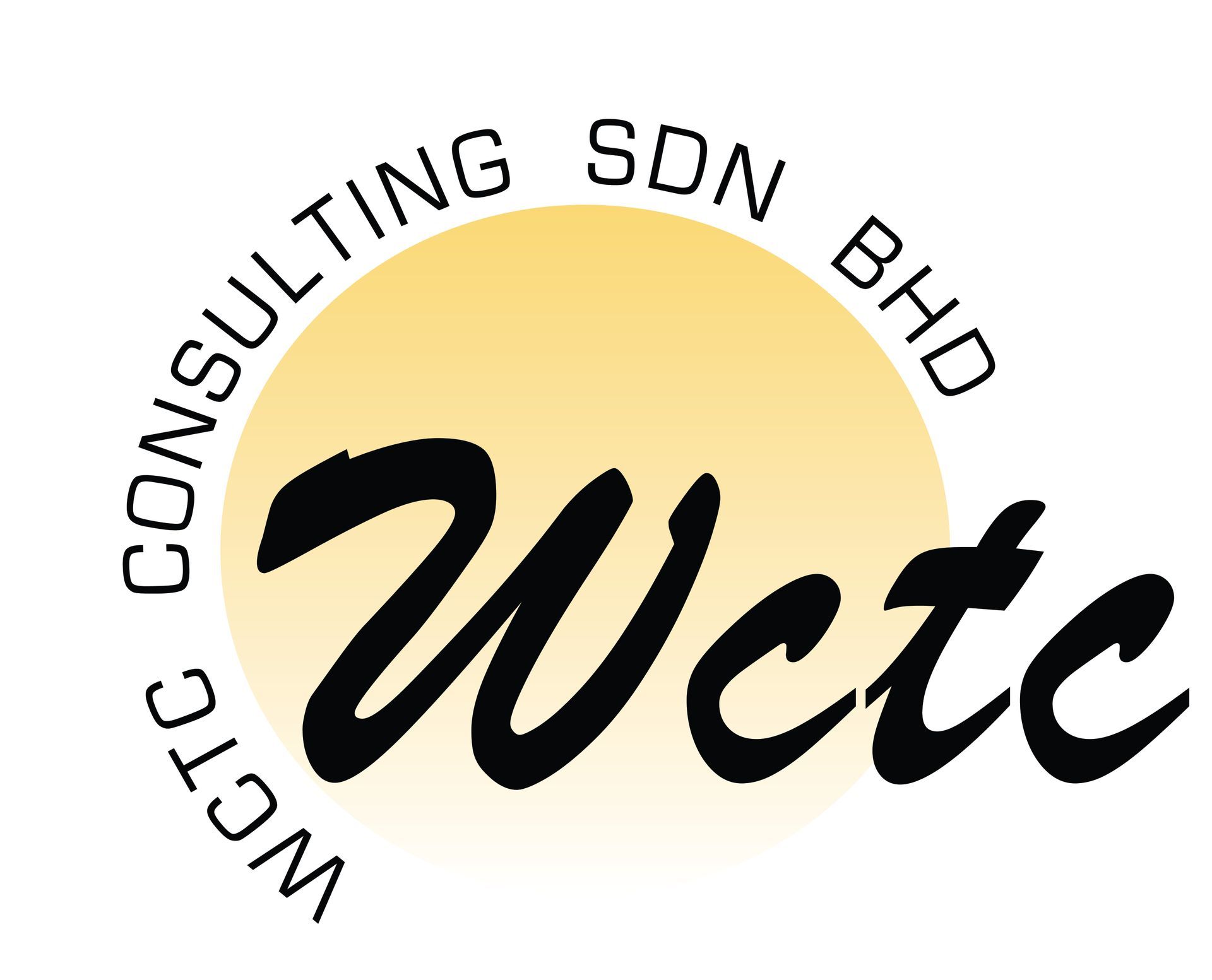Financial Statement, Cash Flow & Budget Plan (20 - 21 May 2024) St. Giles Boulevard Hotel, Kuala Lumpur
OVERVIEW
Increasingly, all executives, especially those moving into managerial level, need to
understand and apply financial know-how
in their daily work. Executives need to also know how the business’s operation activities are being captured in the financial reports and what they can do to help improve the business performance. Gaining financial acumen as part of management skills is very important for anyone who
wishes to progress up
the career path
in any organisation, regardless of their current role and responsibilities.
In these tough times, there is an even greater need to understand financial information, particularly the balance sheet, profit and loss account, and cash flow statement as companies strive to enhance their shareholder value. Decisions made without properly understanding the financial implications may lead to reduced profits (or even losses), and a reduction in shareholder value.
By raising financial awareness, participants are better able to manage budgets, revenues, costs, profits and cash. This workshop will provide basic financial principles and cover the generic financial management tools necessary for decision making . Learning is achieved through examples and topic-related class activities which reinforce theory and successfully simplify the financial topic for the non-financial person .
This 2-days practical course is designed to provide an
introduction to basic accounting terms and basic financial knowledge
to
help you be a step ahead when it comes to taking on more responsibilities such as financial planning via budgeting decisions and other decisions that rely on financial data for your department and organisation. It is designed to
demystify financial jargon and concepts for non-finance managers
. In addition, you will learn to carry out an effective investment appraisal process. This is an essential skill for all non-finance professionals such as board members, company secretaries, directors, managers and high level executives across all industry types.
At the end of the course, you will be able to speak the same language as your finance colleagues , understand performance metrics, read and use company reports, and grasp other managerial accounting issues.
LEARNING OBJECTIVES
- UNDERSTAND the objective and concepts of basic accounting term in financial statement
- DEMYSTIFY financial jargon and concepts for non-finance managers
- ACQUIRE knowledge on reading balance sheets, income statements and cash flow statements
- READ fundamental component in financial statements and their key components
- INTERPRET the financial data to make informed business decisions and to report department performance
- APPLY financial vertical, trend and ratios analysis to analyse companies to spot red flags in financial statement
- LEARN various investment appraisal tools to make investment decisions
- UNDERSTAND the budgeting process & controls to achieve the organization’s goals
- DETERMINE limitation of the information contained in financial statements
CLICK HERE to see more

Other Workshops:

OVERVIEW Have you noticed that nearly everything in life requires compromise and thus requires some degree of negotiation to get more of what you want and less of what you don’t want? Negotiation is a vital skill for professionals across every job function, whether it applies to partners, vendors, colleagues, employees, or recruits. Successful negotiation requires self-awareness, preparation, and practice. Our research team aims to produce principled and innovative leaders who improve the world . To make a difference, you must first be able to influence people. By understanding how to negotiate effectively, you can gain a competitive advantage, achieve business objectives, and effect change. In reality, NEGOTIATION occurs almost on an everyday basis and often in situation we do not even think about as a negotiation with our peer at workplace. When do you negotiate? • Negotiate on Minimising Costs • Negotiate Your Way Out of Adversity • Negotiate Solution Due to The Delays • Negotiate With Your Current and New Vendors • Negotiate With Customers That You Cannot afford to lose • Negotiate Financial Impact in multiple project management • Negotiate with your employees on employment performance and benefits • Negotiate For Better Collaboration Rather than Confrontation With Stakeholders (Internal and External Partners) Our Wise Negotiator content delivery is NOT your typical negotiation training. Firstly it is NOT just slide and tell. Secondly, you will engage in negotiations and receive feedback in the class . Beyond learning the frameworks and skills associated with negotiating, you will practice putting these new skills into action. You will also learn to understand, plan, and achieve your objectives in a variety of contexts by incorporating neurolinguistic programming (NLP) in negotiation process . Trainer will demonstrate the essence of Neuro-Linguistic Programming (NLP) techniques using a variety of learning modalities and NLP techniques. “It’s Not Just The Terms Of A Deal That Matter, But Also How The Parties Feel When They Walk Away.”

OVERVIEW Protect Your Business Against Expensive Malpractices and Fraudulent Behaviour The rise in contract management and the outsourcing of goods and services has created an increase in procurement fraud, which can occur at any stage of the contracting and procurement process. Appropriate controls, fraud prevention strategies and proper tendering processes are necessary in the fight against this fraud. It is important to remember that maintenance of financial controls remains critical in this age of digitalisation. Public and private sectors must continue to comply with legal responsibilities and related guidance on financial governance. It is essential that all staff maintain financial records and decision logs – regardless of any circumstances - so that audit trails are preserved . Procurement, finance, and payroll staff – as well as those who requisition or authorise the purchase of goods, services and works should familiarise themselves with the controls set out to prevent fraud , identify key parameters for auditors in assessing the risk of sub-optimal procurement, and how they should prioritise and conduct their audits to check if these risks have materialised, including the risk of fraud and corruption. Procurement fraud can occur through departmental purchasing of goods and services, as well as through contractual arrangements with external service providers. It can occur in many different ways. Fraud within the procurement life cycle is high risk and can result in recurring losses. You may be at risk due to fraudulent activities conducted by internal staff, collusion between internal staff and external service providers or external service provider or industry collusion. This workshop offers insight into the specific risks and possible management techniques in procurement in good or tough times. This 14 hours training programme would equip participants with the knowledge, skills, and techniques to deter, prevent, and detect various devastating types of fraud. Learn how to identify procurement fraud situations, uncover rogue operatives and threats and provide a higher level of transparency and control over all elements of your purchasing requirements.


